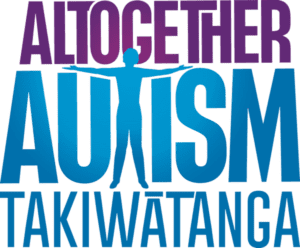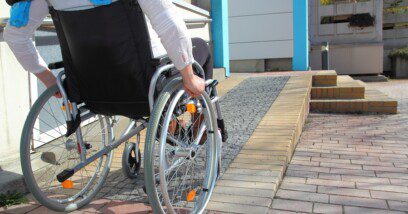Engaging in conversations about disabilities can be challenging for individuals with disabilities, but it’s essential for developing meaningful relationships and friendships. Being open and honest about your disability and setting clear boundaries can foster understanding and acceptance. This guide offers practical tips to help disabled individuals communicate effectively with friends about their disabilities.

Embrace individuality and celebrate differences
- Start the conversation by emphasising that everyone has unique strengths, weaknesses, talents, and abilities.
- Communicate that disabilities are just one aspect of an individual’s identity and should be celebrated, not avoided.
- Encourage others to see beyond the disability and recognise the valuable contributions disabled individuals bring to relationships.
Request assistance when needed
- Express the importance of open communication.
- Encourage friends to ask before providing help and to respect personal boundaries and independence.
- Clearly articulate specific instructions when seeking assistance, ensuring that your needs are met without compromising your autonomy.
- When declining assistance, respond politely to maintain positive interactions.
Encourage open dialogue
- Urge friends to ask questions and seek clarification if they are unsure about something related to your disability.
- Emphasise the need for honest and direct communication, avoiding assumptions or making decisions on your behalf.
- Remind them not to address your companion or sign language interpreter, as you are fully capable of responding independently given patience, flexibility, and support.
Respect adaptive equipment and personal space
- Educate friends about the significance of adaptive equipment as an extension of your body and personal space.
- Stress the importance of obtaining permission before touching or moving any equipment, always highlighting the need for your awareness of its location.
- Compare leaning on someone’s wheelchair to leaning on their shoulder, reinforcing the need for respectful behaviour.
Reframe perspectives
- Challenge misconceptions by sharing that having a disability is an integral part of your identity, not something to be fixed or cured.
- Discourage questions such as “What’s wrong with you?” or “What happened to you?” Instead, emphasise that disabilities do not diminish a person’s worth and that everyone should be treated with respect and dignity.
Foster inclusion
- Express your desire to be included and encourage friends to be sensitive to your needs, boundaries, and feelings.
- Advocate for normalising disabilities and ask for the same options and opportunities provided to individuals without disabilities.
- When faced with choices that may pose challenges, discuss potential changes or adjustments that can help you participate.
Find common ground
- Highlight the shared interests and traits that exist between you and your friends.
- Encourage mutual exploration of hobbies, passions, and commonalities.
- Discovering shared experiences fosters empathy, enhances understanding, and strengthens relationships.
Everyone, regardless of their abilities, desires acceptance, love, and friendship. For individuals with disabilities, open and honest communication is crucial in building meaningful connections. By initiating conversations about disabilities, setting boundaries, and promoting understanding, disabled individuals can foster relationships based on empathy, respect, and genuine care. Remember, the key is to be yourself and allow others to see the unique individual beyond the disability.





